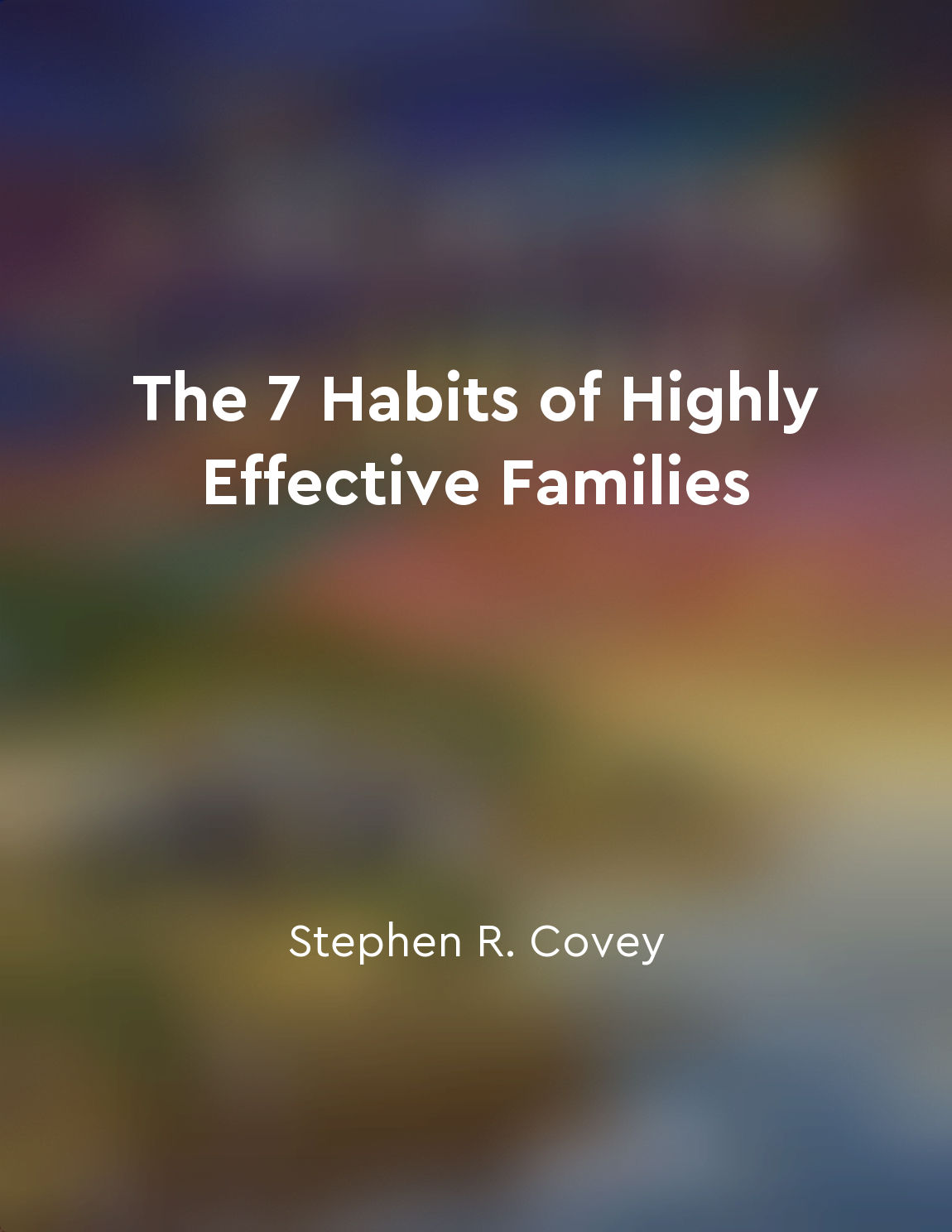Audio available in app
Families have always been at the mercy of larger social and economic forces from "summary" of The Way We Never Were by Stephanie Coontz
Throughout history, families have found themselves navigating the unpredictable waters of social and economic forces beyond their control. From the agrarian societies of the past to the industrialized world we live in today, families have always been subject to larger influences that shape their circumstances and opportunities. In the early days of American history, families were deeply intertwined with the economic structures of the time. Whether working on farms or in small businesses, families relied on each other for survival. However, even in these close-knit units, external forces such as economic recessions or wars could disrupt the delicate balance of family life. As industrialization took hold in the 19th and 20th centuries, families experienced a significant shift in dynamics. The rise of factories and urbanization meant that many families had to adapt to new ways of living and working. Men left home to work in factories, while women took on new roles in the home or in the workforce. These changes were driven by larger social and economic forces that reshaped the family unit. The post-World War II era brought about further changes to family life. The economic boom of the 1950s created a sense of stability for some families, but it also introduced new challenges. The rise of consumer culture and the pressure to conform to societal norms placed additional strains on families. Meanwhile, the civil rights movement and the feminist movement challenged traditional notions of family roles and relationships. Today, families continue to grapple with the impact of globalization, technological advancements, and economic uncertainties. The rise of the gig economy and the increasing cost of living have forced many families to adapt to new realities. At the same time, social media and changing cultural norms have reshaped how families communicate and interact with one another.- The concept that families have always been at the mercy of larger social and economic forces is a timeless truth that continues to shape our understanding of family life. By recognizing the influence of these forces, we can better understand the challenges that families face and work towards creating a more equitable and supportive society for all.
Similar Posts
Healing familial wounds requires patience and commitment
Healing familial wounds is not a quick or easy process; it requires a great deal of patience and commitment. Family dynamics ar...
Cooking is a form of selfexpression
Cooking is an art form. It is a means of communicating who you are without using words. It is a way to express your emotions, y...
Women should not apologize for their success
When a woman succeeds, she should feel proud and confident in her achievements. Society often expects women to downplay their s...

Embrace proactive parenting
Proactive parenting is an important concept that focuses on taking the initiative to guide and teach our children rather than s...
The traditional nuclear family model is not a universal standard
Throughout history, the idea of a traditional nuclear family has been idealized and portrayed as the norm in society. However, ...

